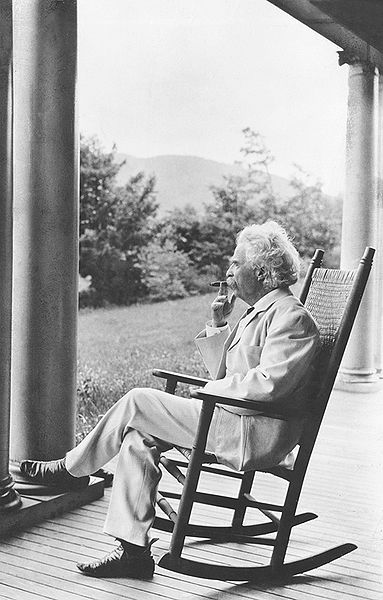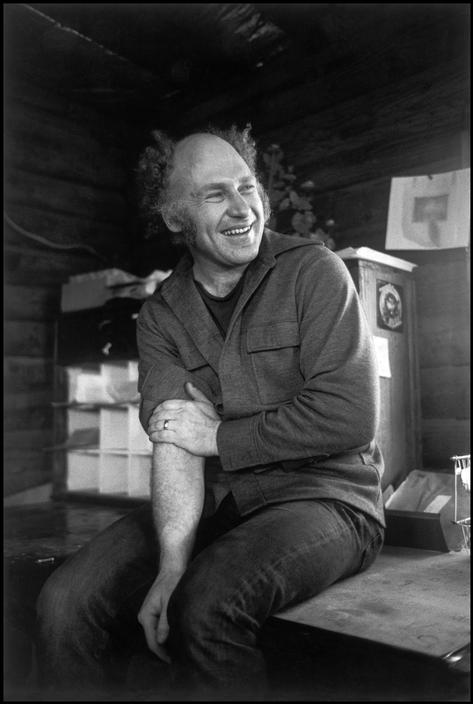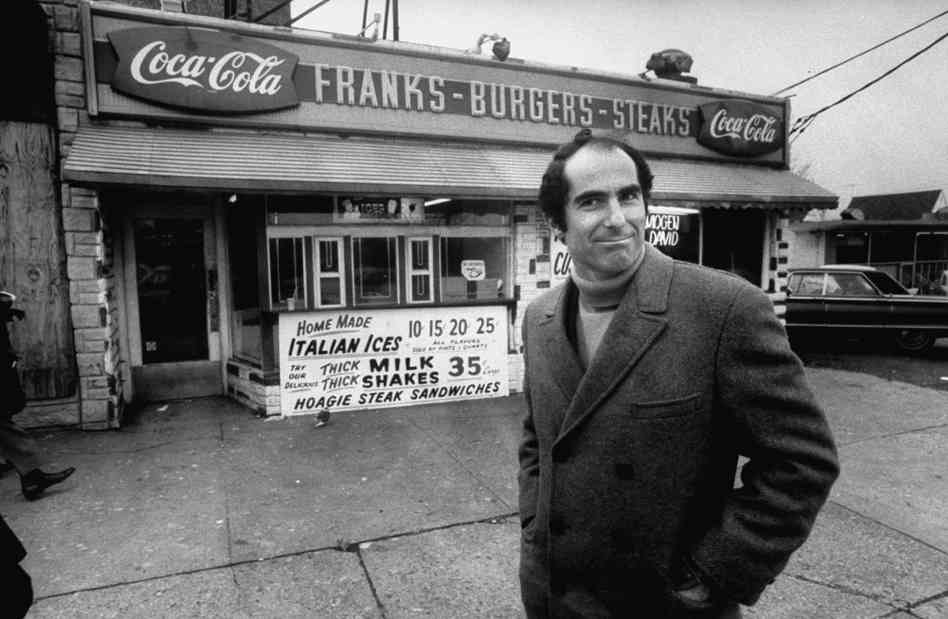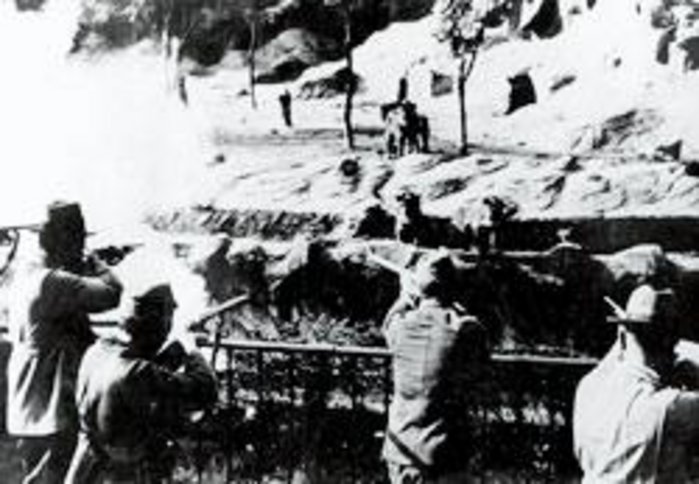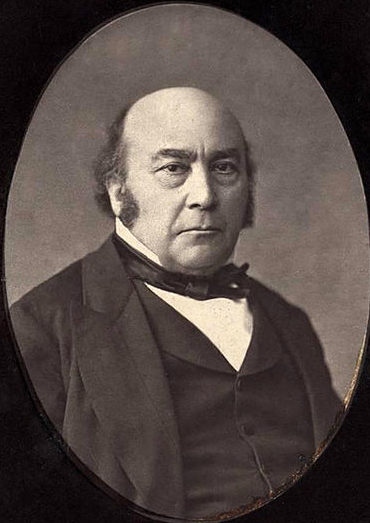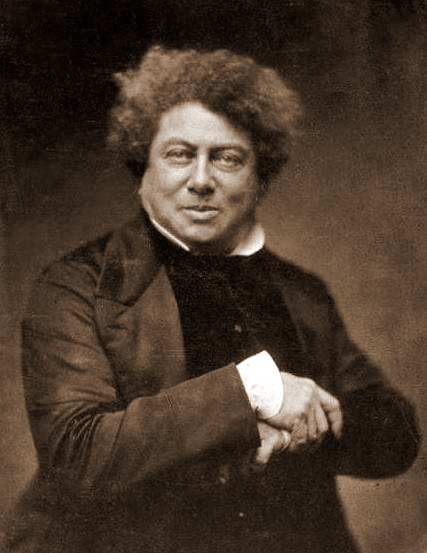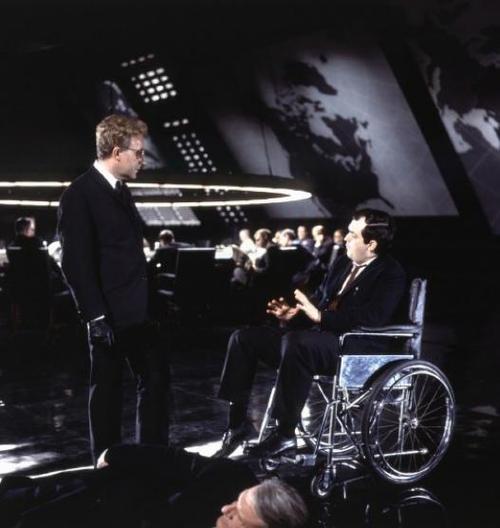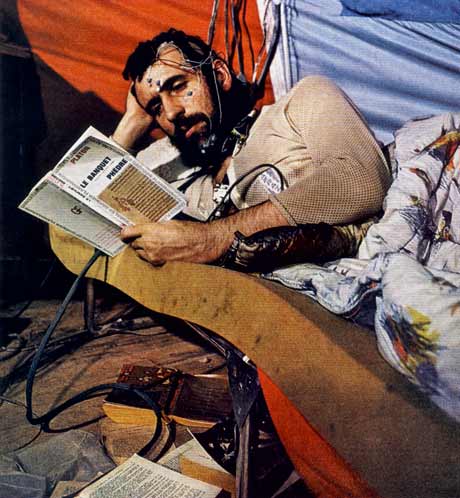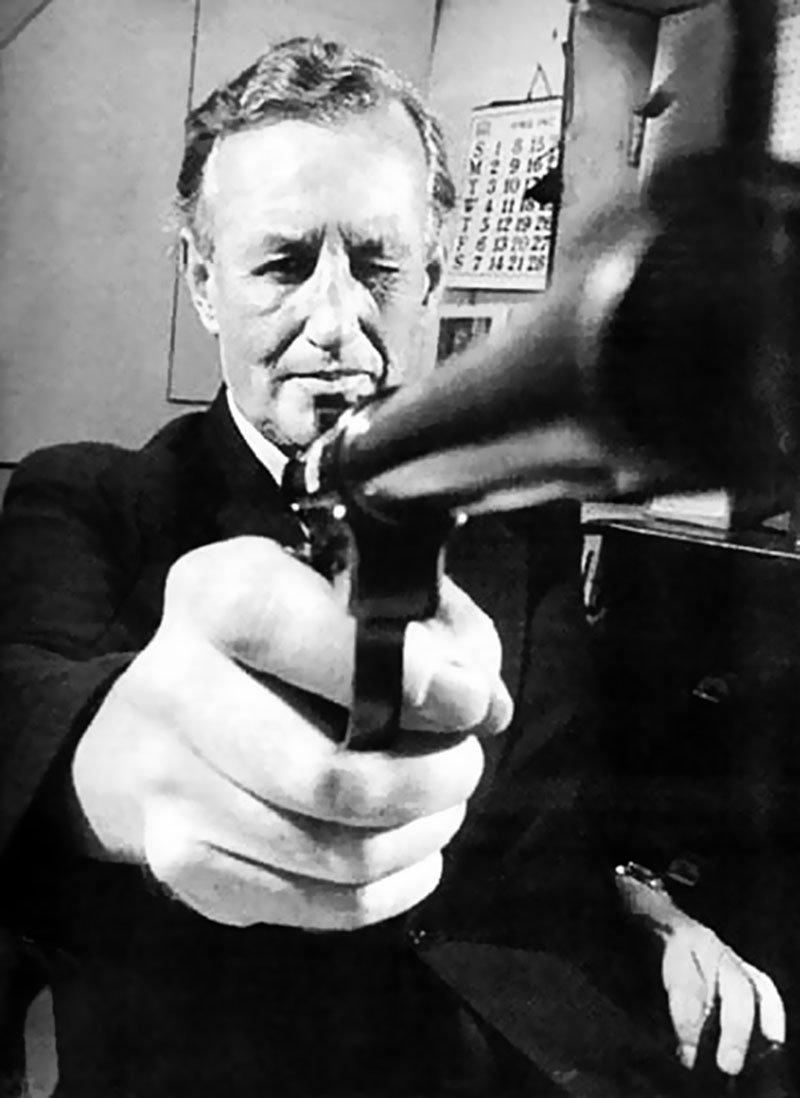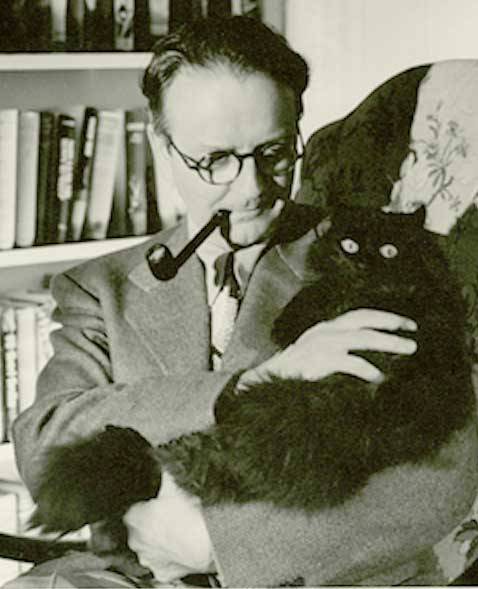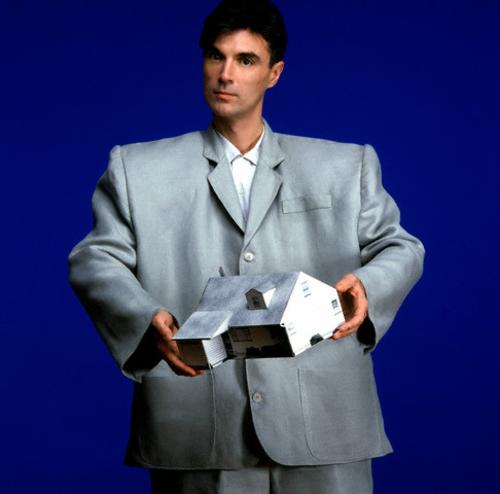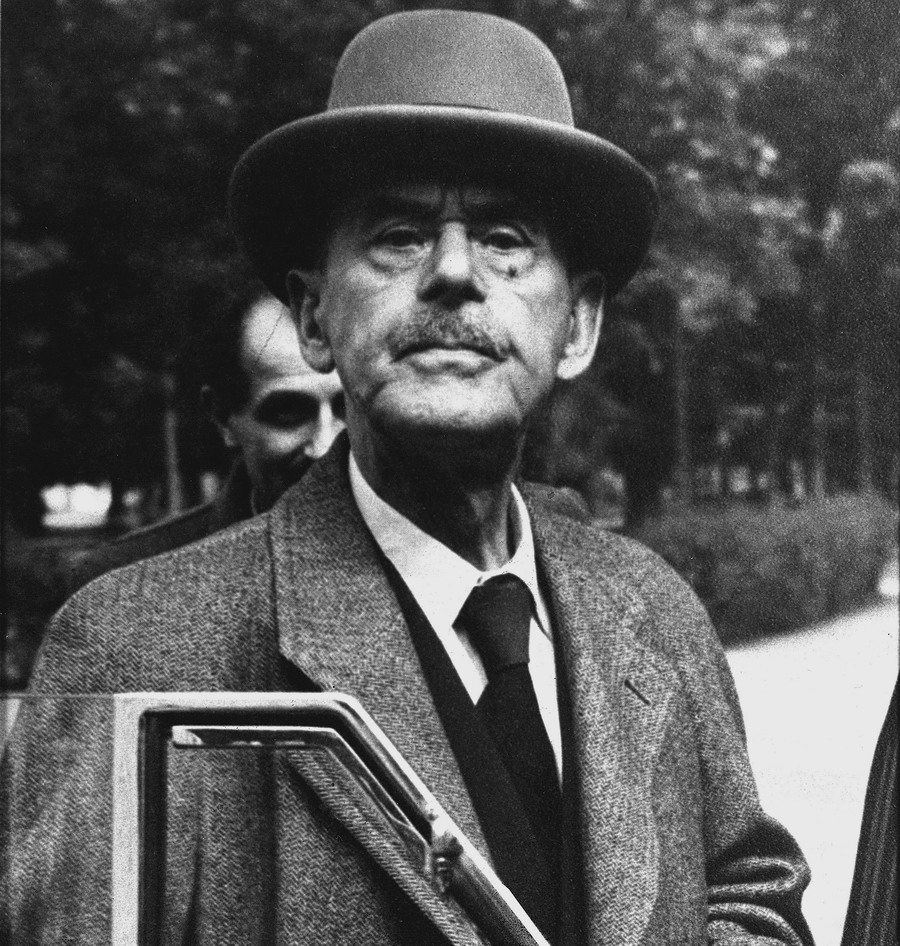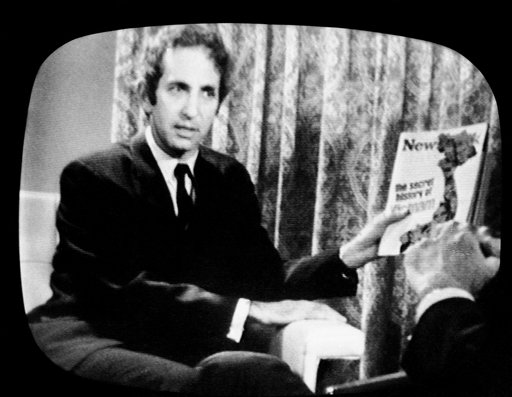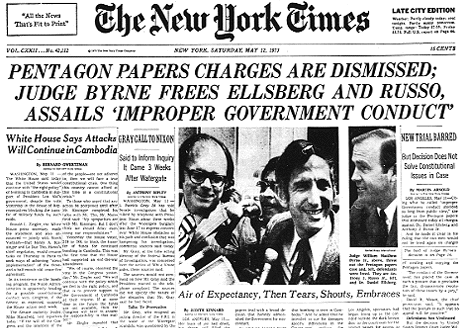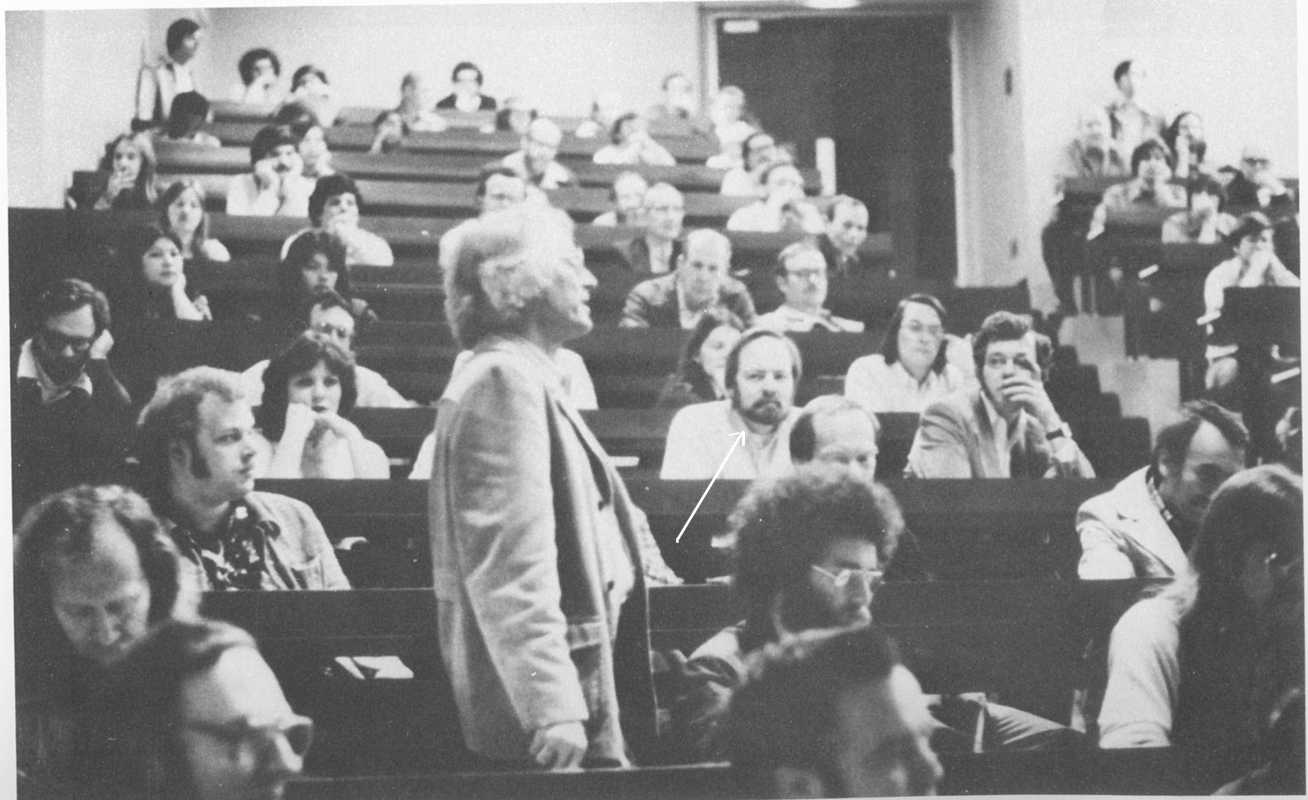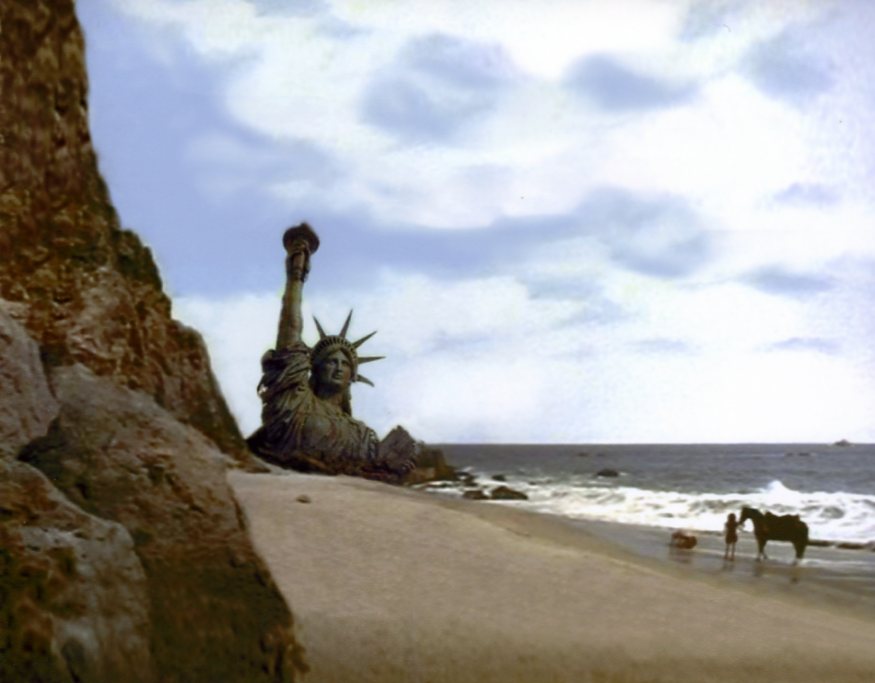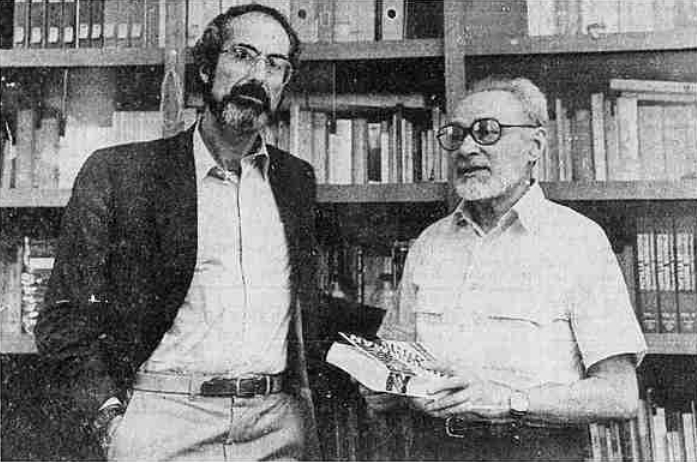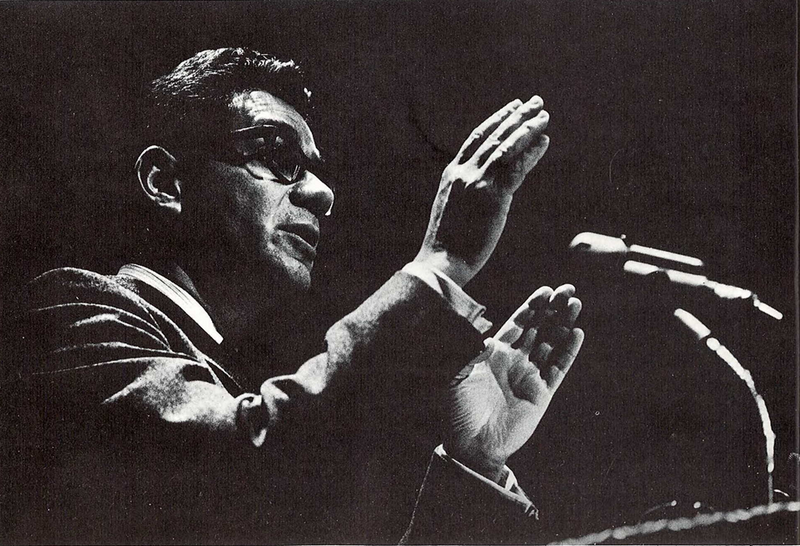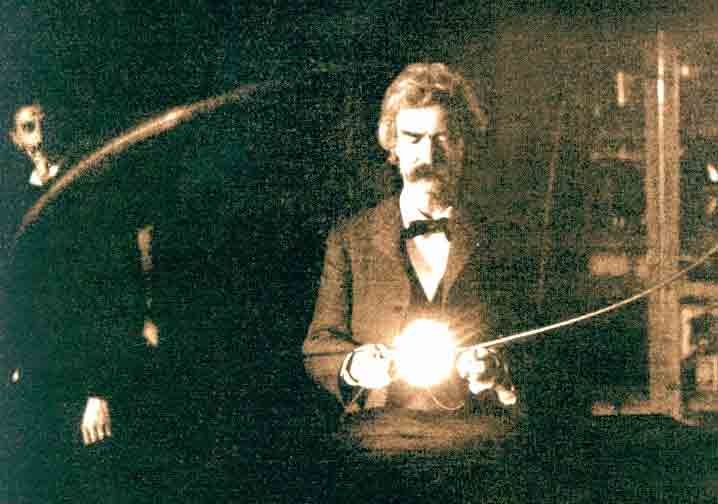
“His strength seemed to increase enough to allow him to enjoy the sunrise.”
Mark Twain, jester and debunker and literary giant, showed you could leave an impression, a mark, on American life and letters even if you weren’t as scarred as Emily Dickinson or Edgar Allan Poe, even if your first impulse was to go for the joke. He saw things as they were and tried to make us all see them a little differently, and in that he succeeded. No matter who comes after, he will always really be the country’s king of comedy. The opening of his obituary in the April 22, 1910 New York Times:
“Danbury, Conn., April 21 — Samuel Langhorne Clemens, ‘Mark Twain,’ died at 22 minutes after 6 tonight. Beside him on the bed lay a beloved book- it was Carlyle’s French Revolution-and near the book his glasses, pushed away with a weary sigh a few hours before. Too weak to speak clearly, ‘Give me my glasses,’ he had written on a piece of paper. He had received them, put them down, and sunk into unconsciousness from which he glided almost imperceptibly into death. He was in his seventy-fifth year.
For some time, his daughter Clara and her husband, Ossip Cabrilowitsch, and the humorist’s biographer, Albert Bigelow Paine, had been by the bed waiting for the end, which Drs. Quintard and Halsey had seen to be a matter of minutes. The patient felt absolutely no pain at the end and the moment of his death was scarcely noticeable.
Death came, however, while his favorite niece, Mrs. E. E. Looms, and her husband, who is Vice President of the Delaware, Lackawanna & Western Railway, and a nephew, Jervis Langdon, were on the way to the railroad station. They had left the house much encouraged by the fact that the sick man had recognized them, and took a train for New York ignorant of what happened later.
Hopes Aroused Yesterday
Although the end had been foreseen by the doctors and would not have been a shock at any time, the apparently strong rally of this morning had given basis for the hope that it would be postponed for several days. Mr. Clemens awoke at about 4 o’clock this morning after a few hours of the first natural sleep he has had for several days, and the nurses could see by the brightness of his eyes that his vitality had been considerably restored. He was able to raise his arms above his head and clasp them behind his neck with the first evidence of physical comfort he had given for a long time.
His strength seemed to increase enough to allow him to enjoy the sunrise, the first signs of which he could see out of the windows in the three sides of the room where he lay. The increasing sunlight seemed to bring ease to him, and by the time the family was about he was strong enough to sit up in bed and overjoyed them by recognizing all of them and speaking a few words to each. This was the first time that his mental powers had been fully his for nearly two days, with the exception of a few minutes early last evening, when he addressed a few sentences to his daughter.
Calls for His Book
For two hours he lay in bed enjoying the feeling of this return of strength. Then he made a movement asked in a faint voice for the copy of Carlyle’s French Revolution, which he has always had near him for the last year, and which he has read and re-read and brooded over.
The book was handed to him, and he lifted it up as if to read. Then a smile faintly illuminated his face when he realized that he was trying to read without his glasses. He tried to say, ‘Given me my glasses,’ but his voice failed, and the nurses bending over him could not understand. He motioned for a sheet of paper and a pencil, and wrote what he could not say.
With his glasses on he read a little and then slowly put the book down with a sigh. Soon he appeared to become drowsy and settled on his pillow. Gradually he sank and settled into a lethargy. Dr. Halsey appreciated that he could have been roused, but considered it better for him to rest. At 3 o’clock he went into complete unconsciousness.
Later Dr. Quintard, who had arrived from New York, held a consultation with Dr. Halsey, and it was decided that death was near. The family was called and gathered about the bedside watching in a silence which was long unbroken. It was the end. At twenty-two minutes past 6, with the sunlight just turning red as it stole into the window in perfect silence he breathed his last.
Died of a Broken Heart
The people of Redding, Bethel, and Danbury listened when they were told that the doctors said Mark Twain was dying of angina pectoris. But they say among themselves that he died of a broken heart. And this is a verdict not of popular sentiment alone. Albert Bigelow Paine, his biographer to be and literary executor, who has been constantly with him, said that for the last year at least Mr. Clemens had been weary of life. When Richard Watson Gilder died, he said: ‘How fortunate he is. No good fortune of that kind ever comes to me.’
The man who has stood to the public for the greatest humorist this country has produced has in private life suffered overwhelming sorrows. The loss of an only son in infancy, a daughter in her teens and one in middle life, and finally of a wife who was a constant and sympathetic companion, has preyed upon his mind. The recent loss of his daughter Jean, who was closest to him in later years when her sister was abroad studying, was the final blow. On the heels of this came the first symptoms of the disease which was surely to be fatal and one of whose accompaniments is mental depression. Mr. Paine says that all heart went out of him and his work when his daughter Jean died. He has practically written nothing since he summoned his energies to write a last chapter memorial of her for his autobiography.”
